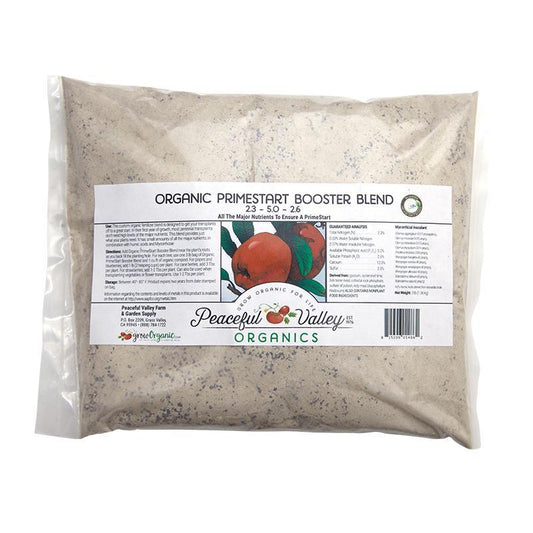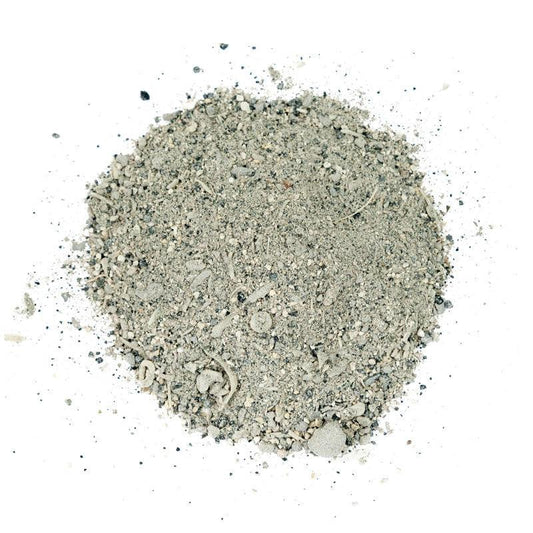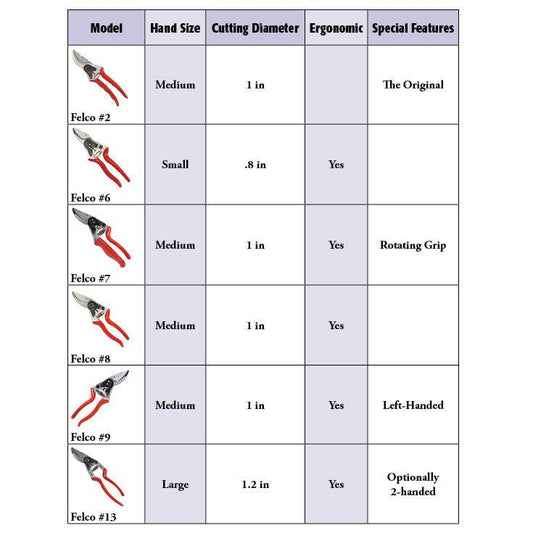Growing raspberries and blackberries is a rewarding endeavor for many gardeners, offering not only the pleasure of tending the plants but also the enjoyment of harvesting fresh, flavorful fruits. These berries, belonging to the genus Rubus within the Rosaceae family, are known for their distinctive tastes and the unique characteristics of their plants.
Taste of the Fruits
Raspberries and blackberries are celebrated for their rich, complex flavors that vary widely depending on the variety. Raspberries can range from intensely sweet to slightly tart, with red varieties typically offering a balance between sweetness and acidity, while black and golden raspberries might present a sweeter, more mellow profile. The texture of raspberries is soft and slightly crumbly, with a melt-in-the-mouth quality that makes them highly prized in culinary applications.
Blackberries, on the other hand, tend to have a deeper, more earthy flavor profile, with a sweetness that is often accompanied by a hint of tartness. They are juicier and firmer than raspberries, making them excellent for both fresh consumption and cooking. The taste of blackberries can also vary depending on their ripeness, with fully ripe berries being sweeter and more flavorful.
Look of the Plants
Raspberry and blackberry plants share some similarities in appearance but also have distinct differences. Both plants are perennial, with canes that live for two years. The first year canes, known as primocanes, grow vegetatively, while in their second year, these canes, now called floricanes, produce fruit and then die after the harvest season.
Raspberry plants typically have canes that can either be erect or require some support, depending on the variety. The leaves are pinnately compound, usually with three to seven leaflets with serrated edges. Raspberry canes are often covered with small, hair-like thorns that make handling the plants a careful task.
Blackberry plants, in contrast, tend to have more robust, erect canes that can grow quite tall and are commonly covered in larger, more prominent thorns, although thornless varieties have been developed. The leaves of blackberry plants are also compound and serrated, similar to raspberries, but they can be distinguished by their sturdier, more vigorous growth habit.
Unique Characteristics of the Plants
One of the unique features of raspberry and blackberry plants is their fruiting habit. Raspberries have a hollow core where the stem attaches, making them easily distinguishable from blackberries, which have a solid core. This structural difference is noticeable when picking the fruit; raspberries detach easily from the core, leaving a hollow fruit, while blackberries come off the stem with the core intact.
Another notable characteristic is the wide range of cultivars available for both raspberries and blackberries, developed to suit various climates and tastes. Some raspberry varieties are bred for cold hardiness, while others are optimized for warmer climates. Similarly, blackberry cultivars vary in their adaptability to different environmental conditions, with some being more drought-tolerant or heat-resistant than others.
Additionally, there are unique primocane-fruiting varieties of both raspberries and blackberries, which produce fruit on the current year's growth, extending the harvest season. This trait allows for a continuous supply of berries from late summer into the fall, contrasting with the traditional floricane-fruiting varieties that produce fruit only on the second-year canes.
Growing raspberries and blackberries can be a deeply satisfying experience, yielding fruits with diverse and delightful flavors. The plants themselves, with their distinctive growth habits and fruiting characteristics, add interest and beauty to gardens. Understanding the unique aspects of these plants is essential for successful cultivation and the enjoyment of their delicious fruits.





